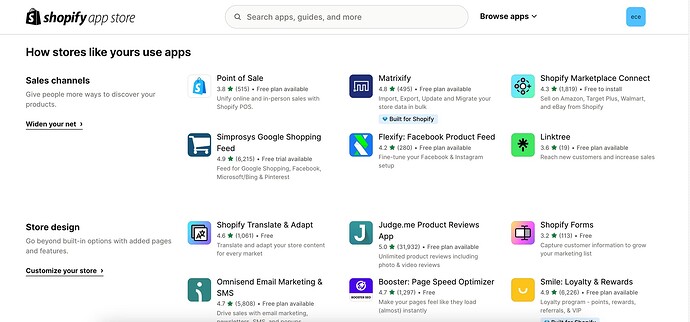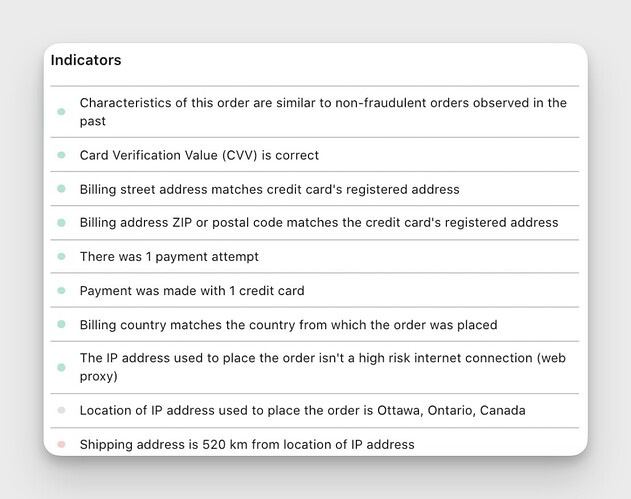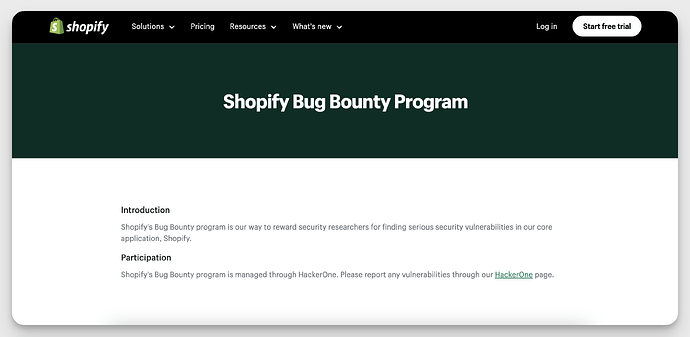Hi, It’s great that you’re looking into Shopify for your online store. Let me break down why Shopify is a reliable choice, address your concerns about potential risks, and share tips on how to ensure you have a safe experience with the platform.
Let me start with the first main issue:
Is Shopify Legit?
1. Trustworthiness and security: Shopify is a globally recognized ecommerce platform millions of merchants use. It has earned a solid reputation for being secure and reliable, thanks to its built-in security features like SSL certification, PCI DSS compliance, and advanced fraud detection tools. So, these measures protect both you and your customers.
2. Reliable app ecosystem: Shopify gives you access to a very large and comprehensive app store that allows you to extend the functionality of your store. Because of this, you might wonder whether all these Shopify apps are trustworthy.
Shopify does a fairly thorough screening in this regard, there is a checklist of apps that need to be checked off to be included in the app store: Requirements checklist for apps in the Shopify App Store.
4. Reliable support: While you’ve heard mixed reviews, it’s worth noting that Shopify offers 24/7 customer support through various channels, including live chat, phone, and email. This ensures that you can get help whenever you need it. Some users may have varied experiences, but overall, Shopify’s support is considered strong, and they work continuously to improve their services.
5. Established business practices: Shopify follows strict business and ethical standards, as outlined in its Acceptable Use Policy. The platform prohibits illegal activities, ensures compliance with various regulations, and takes action against merchants violating its service terms.
Now let’s address potential concerns about scams and reliability:
Is Shopify a Scam?
1. High-risk order detection: Shopify uses advanced algorithms and machine learning to flag potentially fraudulent orders. You’ll be alerted to high-risk transactions, allowing you to review and decide whether to fulfill or cancel the order. Here are the key indicators you should pay attention to in your store:
2. Account monitoring: Shopify monitors accounts for suspicious activities, such as an unusually high number of chargebacks or complaints. If an account is flagged for suspicious behavior, Shopify will investigate and take necessary actions, such as suspension or termination.
3. Bug bounty program: Shopify runs a bug bounty program, encouraging ethical hackers to report security vulnerabilities. This helps Shopify quickly identify and address potential threats, reducing the risk of scams on the platform.
So while you may have encountered mixed reviews of Shopify in general, the platform has many built-in features that support a positive experience, from strong security measures to comprehensive support options.


